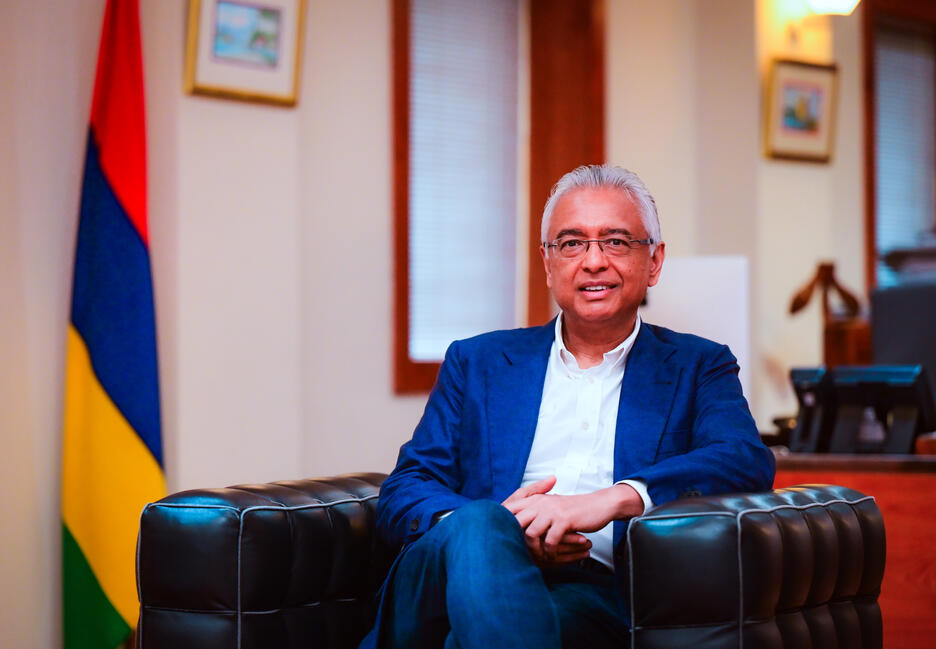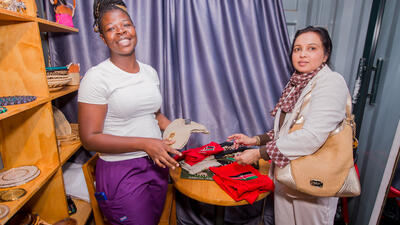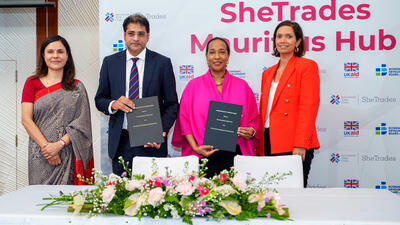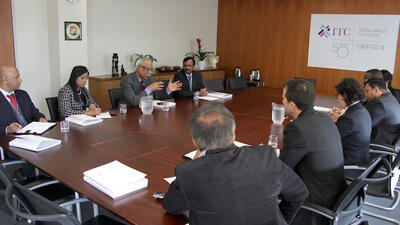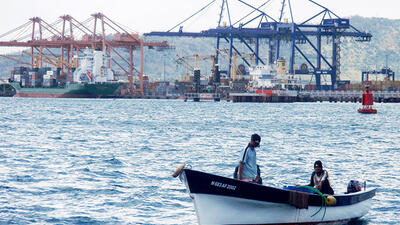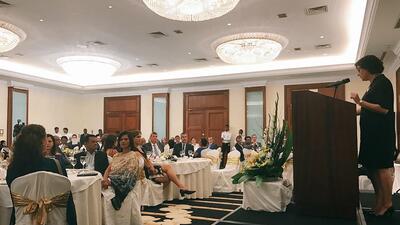
Financing sustainable, inclusive business in small island developing States
Challenges small island developing States are facing, particularly when financing sustainable and inclusive business and capacity building
Small island developing States (SIDS) share common economic features and vulnerabilities, while facing unique challenges in implementing their sustainable development strategy and addressing climate change crises.
Many SIDS, including Mauritius, are confronted with considerable difficulties in securing financial, technological, and capacity-building support in view of the flawed criteria of relatively high per capita income which overlook their multi-layered inherent vulnerabilities.
The Fourth International Conference on SIDS (SIDS4) taking place this year in Antigua and Barbuda is called upon to deliver a package of practical and innovative actionable solutions. These are destined to shape the future of SIDS through a new decade of partnership for the resilient prosperity for SIDS, including better access to international finance and climate action finance.

Trade must feature prominently in this roadmap because meeting the imperatives of SIDS’ sustainable development and prosperity will depend largely on their integration in global trade.
The international community should, therefore, adopt an all-encompassing strategy for SIDS, with adequate inclusive and accessible financing mechanisms, to help them establish the right ecosystem for home-grown business development strategies.
We are reminded here that small businesses are a driver of growth in SIDS. However, their expansion is limited due to lack of technical know-how, market size and financial constraints and challenges in exports, all of which deter investment.
Therefore, redesigning the existing architecture of small business financing to better consider their specificity at each stage of their development and stimulate investment and trade are of high essence, mindful that new and emerging technologies and processes are reshaping the ways in which small and medium-sized enterprises (SMEs) operate, adopt new business models, and innovate.
It is our belief that the development of a sustainable SME business ecosystem in SIDS to improve the viability of small business and start-ups can also significantly foster regional integration. It must, therefore, feature highly in the incoming SIDS4 Roadmap.
With judicious collaborative efforts, positive change is, indeed, possible because these transformative advances can create new opportunities for small businesses in SIDS in terms of improved products, efficient processes, and resilient supply chains.

Mauritius is gratified to have benefited from technical assistance from the International Trade Centre (ITC) in 2017 to elaborate a 10-Year Master Plan for the small business sector.
The Plan provides ambitious targets, including raising the contribution of small and medium-sized enterprises to GDP from 40% to 52% by 2026; raising their national employment share from 55% to 64%; increasing current exports from less than 3% to about 18%; and increasing the value addition from MUR 175 billion ($3.81 billion) to MUR 388 billion ($8.4 billion).
In line with this Plan, Mauritius adopted other small business-focused policy measures, including the National SME Incubator Scheme to encourage the creation of innovative businesses; a National Export Strategy; and peer-to-peer crowdfunding rules to provide for an efficient regulatory environment.
Mauritius is also committed to empowering women to expand their activities and contribute fully to the economy.
In 2023, again with ITC’s collaboration, Mauritius established the SheTrades Mauritius Hub to deliver tailor-made capacity building and business generation activities for women.
Mauritius remains actively engaged in enhancing business competitiveness, including that of small businesses, and adapting their operational ecosystem to emerging technologies to move up the value chain.
Achieving sustainable development is a multi-stakeholder engagement for which international partnerships remain vital. Multilateral partners, such as the ITC, are key enablers in overcoming SIDS’ vulnerabilities.
We, therefore, reiterate the call to our partners to step up their engagements and bring transformational change in SIDS, including in the growth-inducing small business sectors. The international system must work more effectively for SIDS and SIDS4, for which we are seeking ambitious outcomes.




